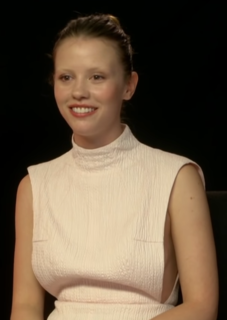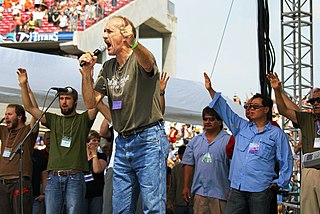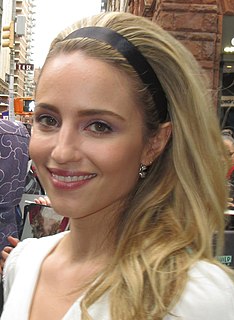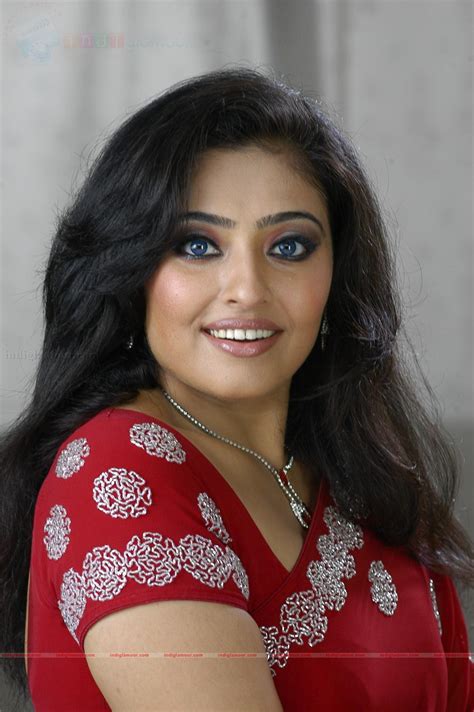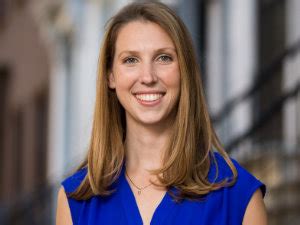A Quote by Mia Goth
If I had not become an actress, I would be a journalist or a psychologist: I like to analyze the mind and be involved in political moments that change history.
Related Quotes
I believe that you can experience very profound moments of change in life...I never would have become an actress if I hadn't dropped out of high school. As a teenager, I was so driven to pursue my dreams that I made a decision to quit school at 17 so I could find my voice as an actress and eventually the profession embraced me.
There are moments in history when a door for massive change opens, and great revolutions for good or evil spring up in the vacuum created by these openings. In these divine moments key men and women and even entire generations risk everything to become the hinge of history, the pivotal point that determines which way the door will swing.
It wasn't an architect who did this, but if it had been an architect, it would have been a good day's work: there was a marketing person who convinced Walmart that their products sold better in daylight than electric light. It would have been interesting if an architect had deliberately designed this change with all its spatial consequences in mind, thinking about how the change would multiply across all the square footage of all the roofs of all the Walmarts in the world. It would have been a beautiful trick - a physical, practical, political pleasure.
The introduction of the Christian religion into the world has produced an incalculable change in history. There had previously been only a history of nations--there is now a history of mankind; and the idea of an education of human nature as a whole.--an education the work of Jesus Christ Himself--is become like a compass for the historian, the key of history, and the hope of nations.
Being an American journalist can put people on the defensive. In countries where people assume the press is partisan, like in Lebanon, or where it had essentially become an extension of the government, like in Iraq, people tend to see a journalist as an agent of his or her government. That can be dangerous if the United States military is occupying their country, or aligned with their enemies.
The EU might have become a large federal nation. But they would have had to do things differently. Number one, they would've had to make people feel like participants in a common project of autonomous law-giving. Much more political accountability, much more participation. That didn't happen, I think, because the movers and shakers were more concerned with economic union than political union.
I had never met an actress or an actor when I thought that I might like to be one. I had never been around people in show business or from the theater or from movies or anything. And I say that as an encouragement, I don't know some people who want to be doing what I'm doing or be involved in film. You don't have to be from it to get interested and get involved. I certainly wasn't.
